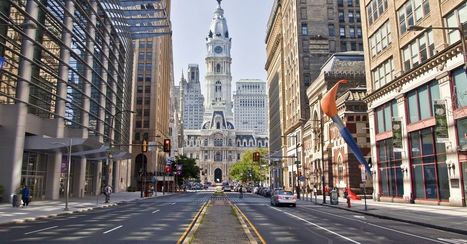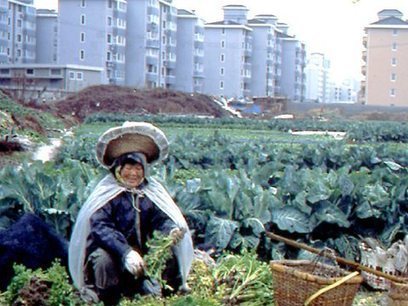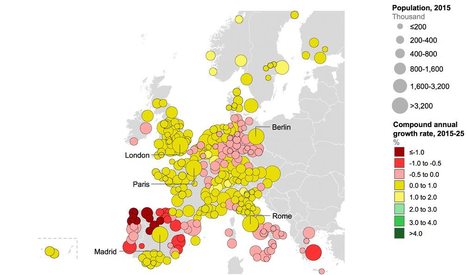"Investing in walkable cities, whether through allocating funds to repaint pedestrian walkways or building affordable housing close to downtowns, also attracts diverse populations and creates jobs. According to the Chicago Metropolitan Agency for Planning, 63 percent of millennials and 42 percent of boomers would like to live in a place where they don’t need a car. And according to the National Association of Realtors, 62 percent of millennials prefer to live in a walkable community where a car is optional. If cities seem less automobile-dependent, chances are they are more appealing to a range of ages."

|
Scooped by Gilbert C FAURE |



 Your new post is loading...
Your new post is loading...












